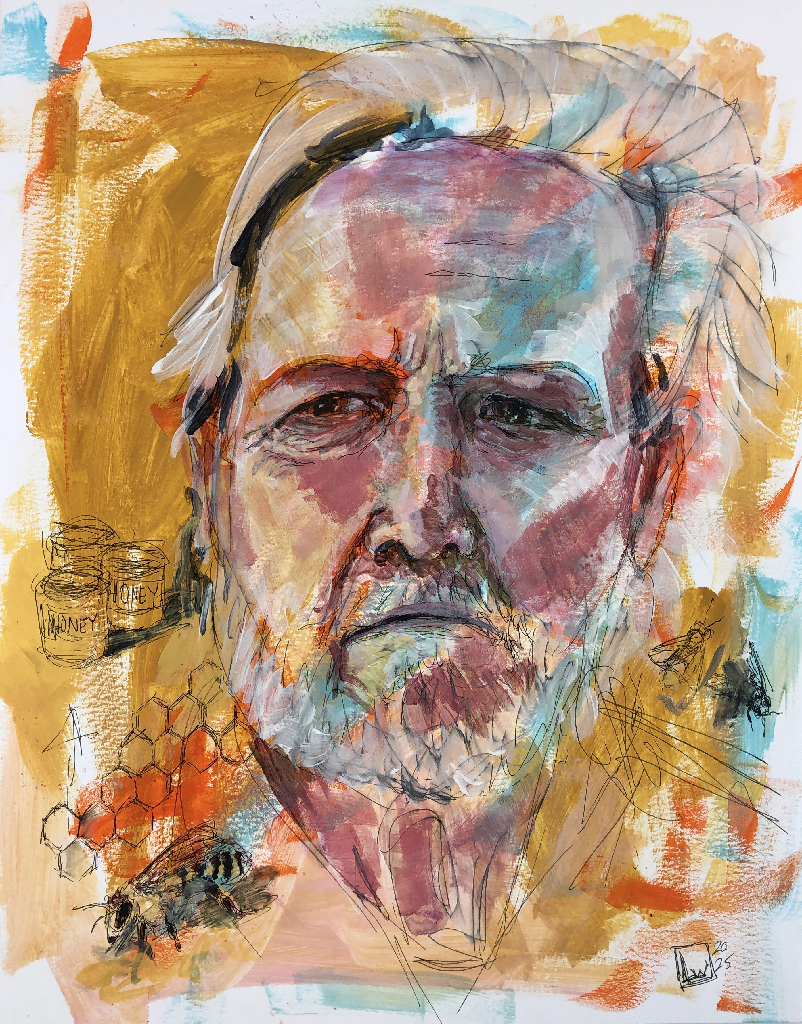
There was an old man who kept bees. His hands were thick with work, his face drawn in a way that made people think he had seen something they hadn’t. Every morning, he walked among his hives, whispering to the bees, listening for what they might say back.
One day, a thief came in the night. He stole jars of honey, ran off into the dark. The old man woke, saw the empty shelves, and sighed like a tree bending in the wind.
The next night, the thief came again. More honey vanished. Again, the old man sighed.
The third night, the old man left his door open. The thief stepped inside, but instead of anger, he found the old man waiting with two cups and a pot of tea.
“You could have just asked,” the old man said, pouring the tea.
The thief, unsure of what to do with kindness, sat.
“You only see the honey,” the old man continued, stirring his cup. “But do you know what it costs? The bee breaks itself to make it. Its wings fray, its body wears down. The hive hums, not in greed, but in offering. You take, but do you ever taste?”
The thief looked down. He had swallowed the honey, but he had never tasted it.
The old man pushed a jar toward him. “This one, I give freely. Take it, but take also what it means.”
The thief left that night with the honey, but he never stole again. Instead, he planted flowers. He sat in fields and listened to the hum. He learned that sweetness is not in the taking, but in the tending.
And somewhere, the old beekeeper smiled, knowing that one more person had finally learned to taste.